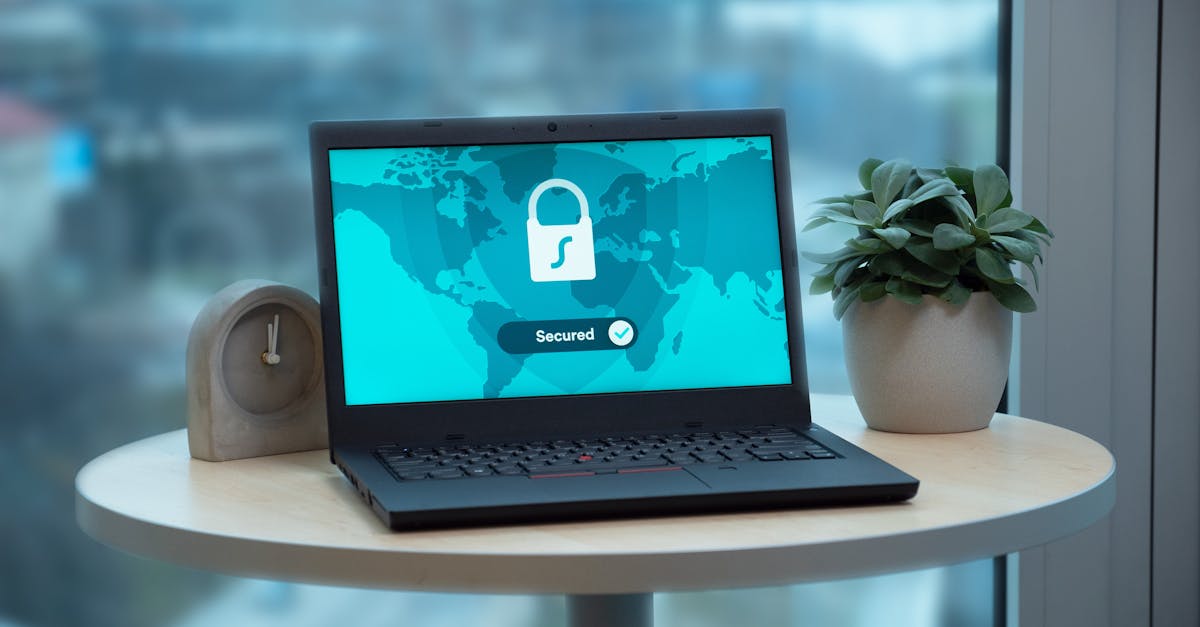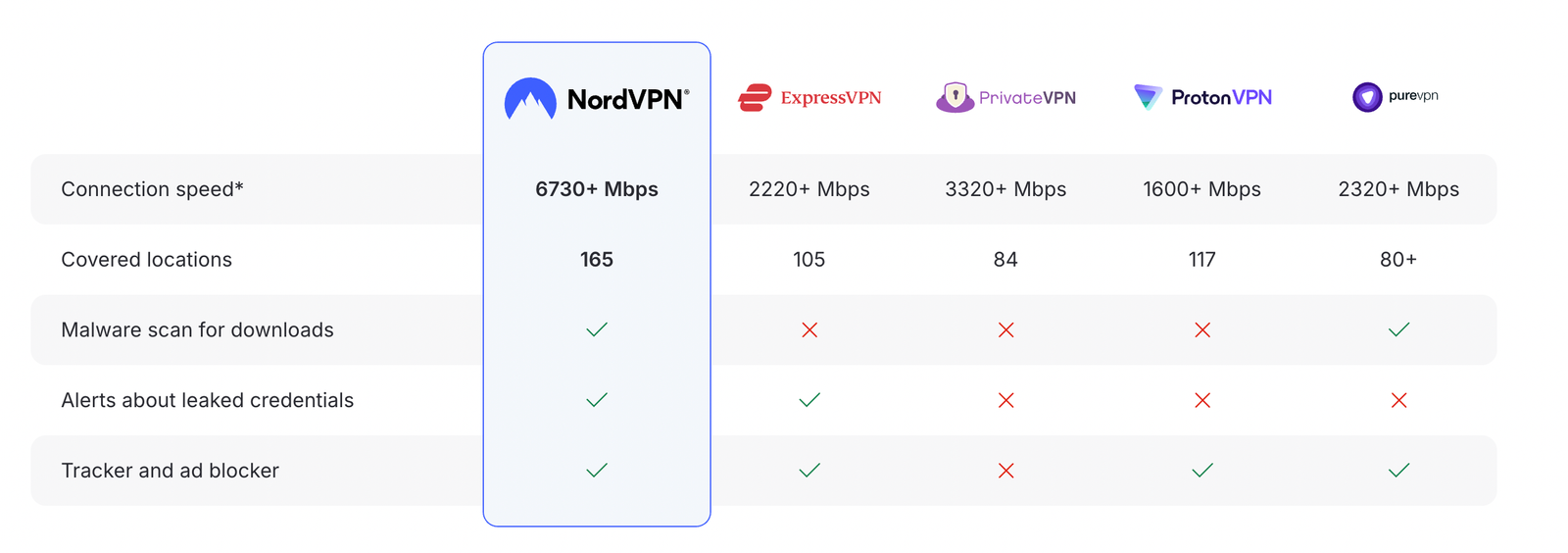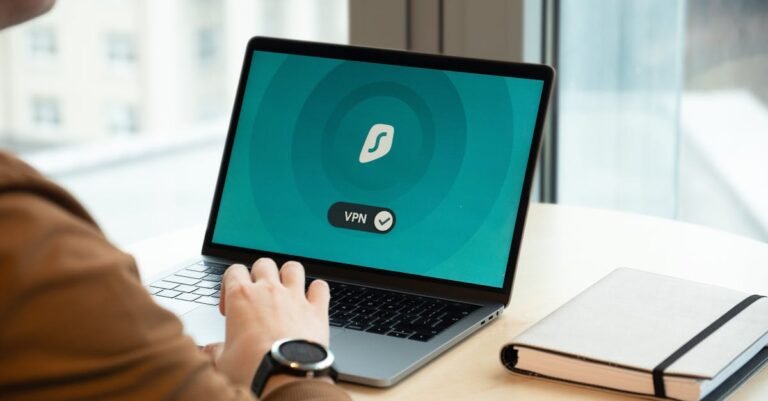Virtual Private Networks Defend Against Wireless Interceptions
Virtual private networks, or VPNs, are essential tools for securing online activities on wireless networks. They create a secure tunnel for your data, shielding it from hackers and eavesdroppers. In today’s digital world, wireless interceptions pose significant risks. VPNs encrypt your information, preventing unauthorized access during public Wi-Fi use. This technology not only protects privacy but also maintains anonymity. Many users rely on VPNs to safeguard sensitive data like emails and transactions.
Understanding VPN Basics

A VPN establishes an encrypted connection between your device and the internet. This process hides your IP address, making it harder for attackers to intercept wireless signals. For instance, when you connect to public Wi-Fi, data travels unencrypted. However, a VPN reroutes this traffic through secure servers. It uses protocols like OpenVPN or IKEv2 to ensure robust protection. Moreover, VPNs prevent man-in-the-middle attacks by verifying server identities. This basic functionality is crucial for everyday users, from remote workers to casual browsers. In addition, it maintains speed while enhancing security, offering a seamless experience. Overall, understanding these fundamentals helps users appreciate how VPNs defend against wireless threats effectively.
Key Benefits of VPN Protection

VPNs provide multiple layers of defense against wireless interceptions. They encrypt data in real-time, turning readable information into unreadable code. This feature blocks cybercriminals from stealing passwords or financial details. Furthermore, VPNs mask your location, adding an extra barrier. For example, they can bypass geo-restrictions while keeping you safe. Additionally, advanced VPNs include kill switches that cut connections if the VPN drops. This prevents accidental exposure of your data. Users often find that VPNs reduce the risk of phishing attacks on wireless networks. In fact, these tools are vital for travelers and businesses alike. Therefore, the benefits extend beyond security to include better performance and reliability.
Common Threats and VPN Solutions

Wireless networks face threats like packet sniffing and rogue access points. These allow attackers to intercept unencrypted data easily. VPNs counter this by encrypting all transmitted information. For instance, they secure communications on coffee shop Wi-Fi. Moreover, VPNs use firewalls to block malicious intrusions. This ensures that even if a breach occurs, data remains protected. Additionally, regular updates in VPN software address new vulnerabilities. Users should enable features like split tunneling for optimized security. In contrast, without a VPN, risks escalate quickly. Therefore, implementing a VPN is a proactive measure against evolving cyber threats.
Why NordVPN is a Great Choice
NordVPN stands out as an excellent option for defending against wireless interceptions. It offers top-tier encryption, a vast server network, and user-friendly apps. This makes it ideal for anyone seeking reliable protection. NordVPN’s features, like double VPN and CyberSec, enhance security effectively. Choose it for peace of mind on any wireless connection. Sign up for NordVPN today to secure your data; enjoy fast speeds and comprehensive coverage that outperforms competitors. Start protecting yourself now—your online safety depends on it. Don’t wait; select NordVPN and experience unmatched defense against interceptions.
How NordVPN compares to other top VPNs


Disclosure: We earn a commission at no extra cost to you if you make a purchase through links here. This helps support us in creating more content for you. Thank you for your support!







